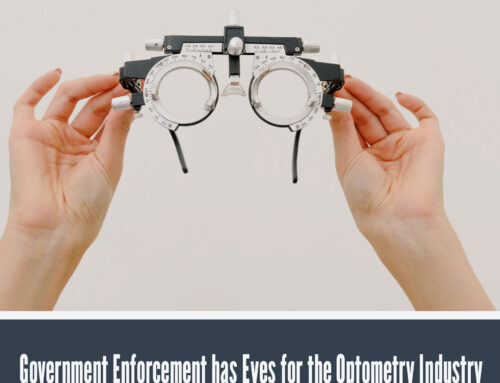Corporate Practice of Medicine (“CPoM”) refers to the common law doctrine that prohibits non-physicians from owning medical practices or having the ability to control the medical decisions of physicians. This doctrine developed over time in the Courts and sought to ensure that the practice of medicine is based on professional standards and ethical considerations rather than financial interests.
However, there has been a significant interest in non-physician investors owning medical practices in recent years. Some states have codified the CPoM doctrine into laws, statutes, and rules restricting who may own a business whose purpose is to offer healthcare services.
CPoM is enforced in varying degrees across the United States, with some states having strict laws totally prohibiting non-physician ownership of medical practices and other states opting not to follow the CPoM doctrine. In states that have restrictive CPoM laws, non-physician investors often form a Management Services Organization (“MSO”) and have an agreement called a Management Services Agreement to offer administrative and management services to the “friendly physician corporation.” Essentially, the friendly physician corporation provides the medical personnel and renders the medical services, and the MSO provides everything else.
Proponents of the CPoM argue that non-physician ownership of medical practices creates conflicts of interest that can lead to inappropriate medical decisions, such as unnecessary tests or procedures, to increase revenue. In addition, they argue that non-physician ownership can lead to a loss of physician autonomy and control, as non-physician owners may seek to impose their own policies and procedures on medical practices, regardless of their impact on patient care.
Opponents of the CPoM argue that it is outdated and unnecessarily restrictive. They argue that non-physician entities, such as hospitals and corporations, can bring significant resources and expertise to medical practices, which can improve patient care and outcomes. In addition, they argue that non-physician ownership can increase access to care in underserved communities, as non-physician entities are often better equipped to invest in and operate medical practices in these areas.
Despite the ongoing debate about the CPoM, it is clear that there is significant interest in non-physician ownership of medical practices. Healthcare Innovators that are not healthcare providers must contend with the Corporate Practice of Medicine on a state-by-state and practice area-by-practice-area basis. Although there is a tendency to lump all disciplines of healthcare into the CPoM bucket each discipline may have a different regulatory scheme (e.g. Corporate Practice of Nursing, Corporate Practice of Counseling, and Corporate Practice of Veterinary Medicine).
A healthcare attorney can assist a healthcare innovator in determining the relevant state’s regulatory scheme and determining to what extent, if any, a non-licensee can be involved in a healthcare business.
Contact Healthcare Attorney Mysty Blagg if you need assistance in forming a healthcare business and navigating the Corporate Practice of Medicine doctrine.







